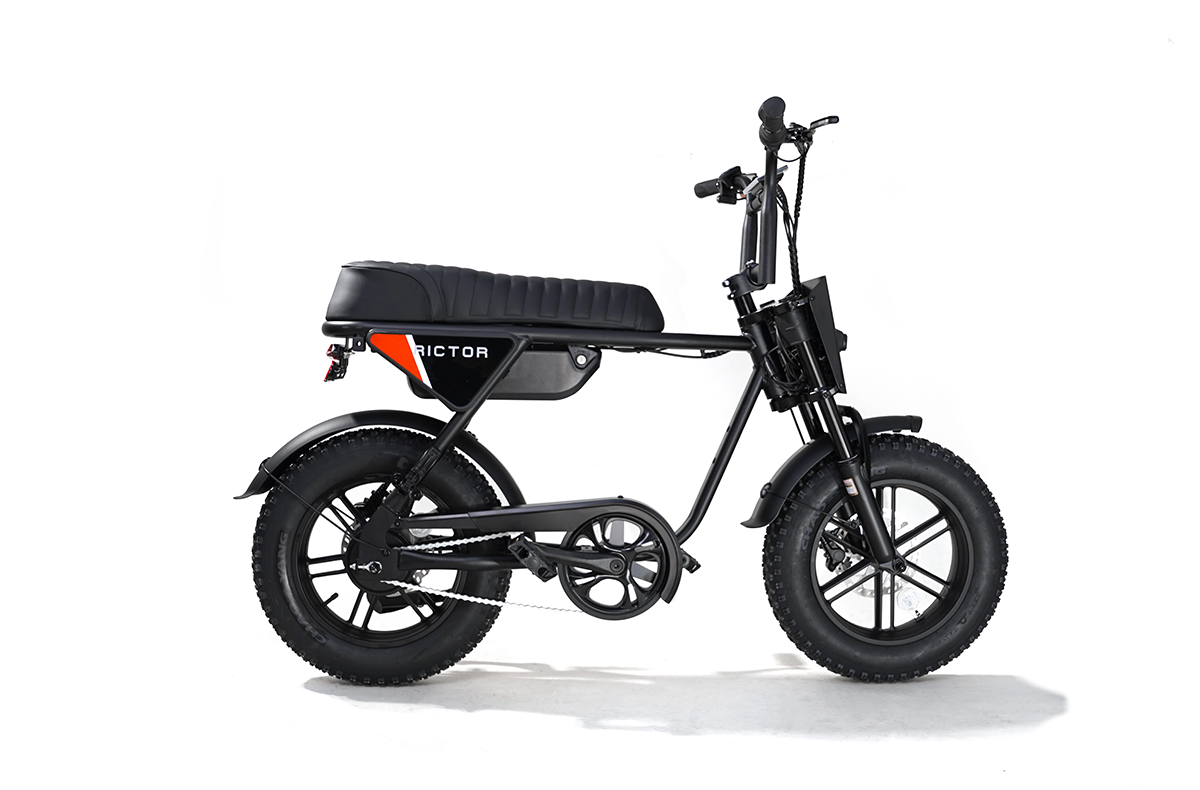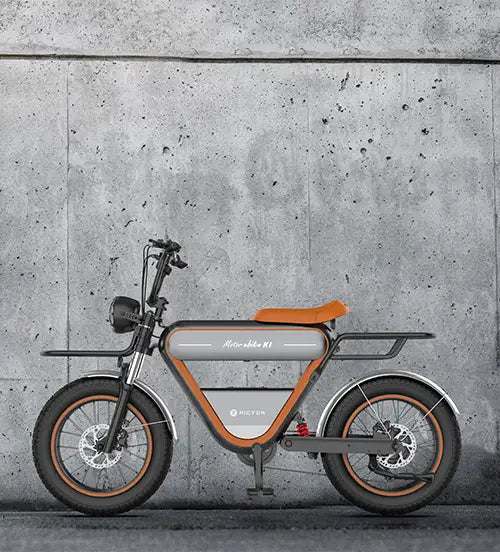
Do Chinese Electric Bikes Have Tariffs?
While the rising popularity of electric bicycles in the U.S. market is undeniable, many potential buyers are unaware of the impact tariffs on Chinese electric bikes may have on pricing.
Many potential buyers are awared of the impact tariffs on Chinese electric bikes may have on pricing.
With the bulk of electric bicycle manufacturing based in China, the tariff situation plays a crucial role in shaping the cost of these electric bikes for American consumers.
Tariffs on Chinese Goods
Tariffs are essentially taxes imposed on imported goods, and their purpose is often to protect domestic industries from foreign competition.
The United States, under both the Trump and Biden administrations, has maintained tariffs on a wide range of products imported from China, including electric bikes and related components.
These tariffs are a direct response to trade imbalances, intellectual property concerns, and geopolitical tensions between the two nations.
A tariff can significantly alter the pricing structure of imported goods. For electric bikes, which are largely manufactured in China, this means higher costs at both the consumer and wholesale levels.
In the case of Chinese electric bikes, tariffs have directly affected the market, raising prices and, in some cases, reducing demand for these bikes.
SEE ALSO Electric Bike Price | How Much Should You Really Spend on an Ebike?
Tariffs on Electric Bikes: What You Need to Know
The United States has imposed a 25% tariff on many Chinese imports, which includes electric bicycles. This tariff, established as part of the broader Section 301 trade dispute, targets Chinese-made products that are considered to undermine U.S. businesses. Initially, these tariffs were enacted during the trade war in 2018, and the current U.S. administration has yet to fully reverse them.
The specific tariff applies to electric bicycles that are fully manufactured in China or those that contain a significant amount of Chinese-made components. This includes batteries, motors, frames, and other critical parts commonly used in electric bikes.
While the tariffs apply to both traditional bicycles and electric bicycles, the impact on the electric bike market is especially pronounced. Due to the rising demand for e-bikes, the importation of these products has become a vital source of supply in the U.S., making tariffs a crucial factor to consider.
Impact on Pricing and Market Trends
The 25% tariff on Chinese-made electric bikes and their components has a tangible effect on pricing. According to recent market studies, electric bike prices have risen by an average of $300 to $500 per unit since the tariffs were imposed.
This is a significant increase, especially when you consider that the average price for a mid-range electric bike is around $1,500 to $2,500. The tariff’s impact is felt most acutely by budget-conscious consumers, who are now facing higher upfront costs for electric bikes imported from China.
In addition to the increased purchase price, the overall market dynamics have shifted. Some U.S. manufacturers, in response to these tariffs, have begun to source components from countries outside of China, such as Taiwan, Vietnam, and even the United States.
This diversification comes with its own challenges. While it reduces the impact of tariffs, sourcing from other countries may increase manufacturing costs due to logistical complications, making the final price of these bikes even more expensive for consumers.
A Temporary Pause in Tariffs
In 2022, there was a brief suspension of tariffs on certain Chinese imports, including electric bikes, which led to a slight reduction in costs for American consumers. However, this suspension was temporary, and the tariffs were reinstated in early 2023 as part of ongoing trade talks.
This back and forth has created an unstable pricing environment for electric bikes, making it difficult for manufacturers and consumers alike to predict future pricing trends.
While the Biden administration has taken some steps to ease trade tensions with China, there have been no significant moves to remove tariffs on electric bikes completely. As a result, many businesses are left in a state of flux, unsure of how long the tariffs will last or whether they will be further increased.
How Tariffs Impact U.S. Consumers and Businesses
The imposition of tariffs on Chinese electric bikes is a double-edged sword for the U.S. economy. These tariffs aim to protect domestic industries and promote the development of local manufacturing. They create increased costs for consumers and businesses alike.
For American consumers, the direct consequence of tariffs is higher prices. For example, a popular electric bike model from a Chinese manufacturer, which originally retailed for $1,500, now costs approximately $1,800 or more due to the tariff. This additional cost can make electric bikes less accessible to a broader range of people, especially those interested in using electric bikes as a primary mode of transportation for commuting or fitness.
U.S. retailers and distributors of electric bikes must decide whether to absorb the extra cost or pass it along to the consumer.
For many smaller companies, the margin for absorbing these additional costs is slim, meaning that price hikes are often inevitable. This can also make it more difficult for new businesses to enter the market, as the increased costs associated with importing goods from China create a significant barrier to entry.
Some U.S. electric bike manufacturers have attempted to counteract the tariff by shifting their focus to domestic production or sourcing parts from countries outside of China. While this may help reduce the cost burden from tariffs, it introduces new challenges, including the higher costs of labor and raw materials in the United States.
FAQs
How much do tariffs increase the cost of Chinese electric bikes?
The 25% tariff on Chinese-made electric bikes has caused prices to increase by $300 to $500 per unit on average, depending on the bike's price and the components used.
Are tariffs on Chinese electric bikes likely to change in the future?
While tariffs have fluctuated in recent years, the current trend suggests that they will remain in place for the foreseeable future, although trade negotiations could lead to adjustments.
Can U.S. manufacturers avoid the tariff on Chinese electric bikes?
Some U.S. manufacturers have started sourcing parts from countries outside China to minimize the impact of tariffs. However, this approach comes with its own set of challenges, including higher production costs.






